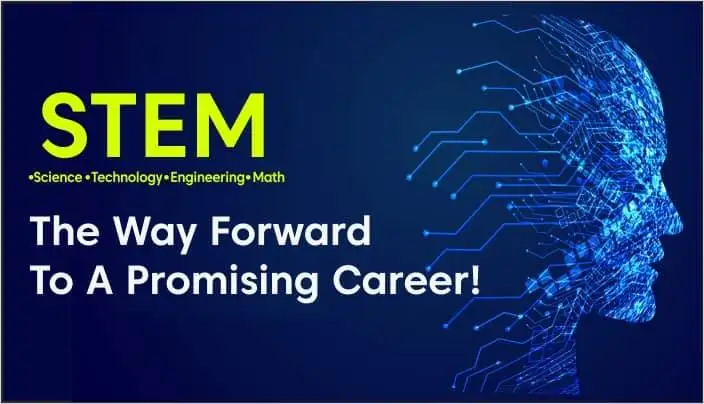UPLFITING LEARNERS ONE STEM COURSE AT A TIME

STEM Education: South Africa’s Gateway to Innovation and Prosperity
In an increasingly digital and innovation-driven world, Science, Technology, Engineering, and Mathematics (STEM) education stands as a cornerstone of future-ready societies. From artificial intelligence to renewable energy, the careers and technologies of tomorrow will be built on a STEM foundation. As South Africa positions itself as the natural leader of the African continent, prioritising STEM education is no longer a luxury—it’s an urgent necessity. South Africa has the infrastructure, institutions, and intellectual capacity to lead Africa’s innovation revolution, but to do so, we must equip our youth with the skills that will shape the 21st century. Globally, economies are shifting. Traditional jobs are disappearing, and entire sectors are being redefined by automation, data science, and engineering. In this context, STEM isn’t just about academic subjects—it’s about nurturing problem-solvers, critical thinkers, and innovators. For a country like South Africa, where over 60% of the population is under the age of 35, STEM represents a golden opportunity to turn the tide on unemployment by transforming learners into future job creators. Whether it’s building software, launching tech startups, or designing solutions for local challenges, STEM education empowers youth to invent the future instead of waiting for it.Yet, despite this opportunity, the situation on the ground is sobering. According to the Department of Higher Education, more than 50% of university students drop out before completing their degrees, often citing poor academic preparation as the key reason. Matric results reveal that a significant percentage of learners are not passing mathematics or physical sciences at a level required for tertiary study, and only a fraction of them qualify for STEM-related fields. The pipeline is leaking, and unless we act decisively, the digital divide will widen even further.The solution lies in prioritising STEM from the earliest stages of education, and not just at the point of tertiary application. Building a strong foundation in mathematics, logical reasoning, and scientific curiosity at primary and high school levels must become a national focus. Investment in teacher training, infrastructure, laboratories, and digital access is crucial. Furthermore, learners must be introduced to the real-world relevance of STEM: showing how coding, robotics, data analytics, and environmental science solve everyday problems—from load shedding to water scarcity.South Africa has always been a country of innovation—from the first heart transplant to global space science contributions. Now, with the Fourth Industrial Revolution well underway, the country has a chance to lead Africa into a bold, tech-driven future. STEM education is the engine that will power this transformation.Let us ensure every learner is not just prepared for the future, but empowered to create it.
